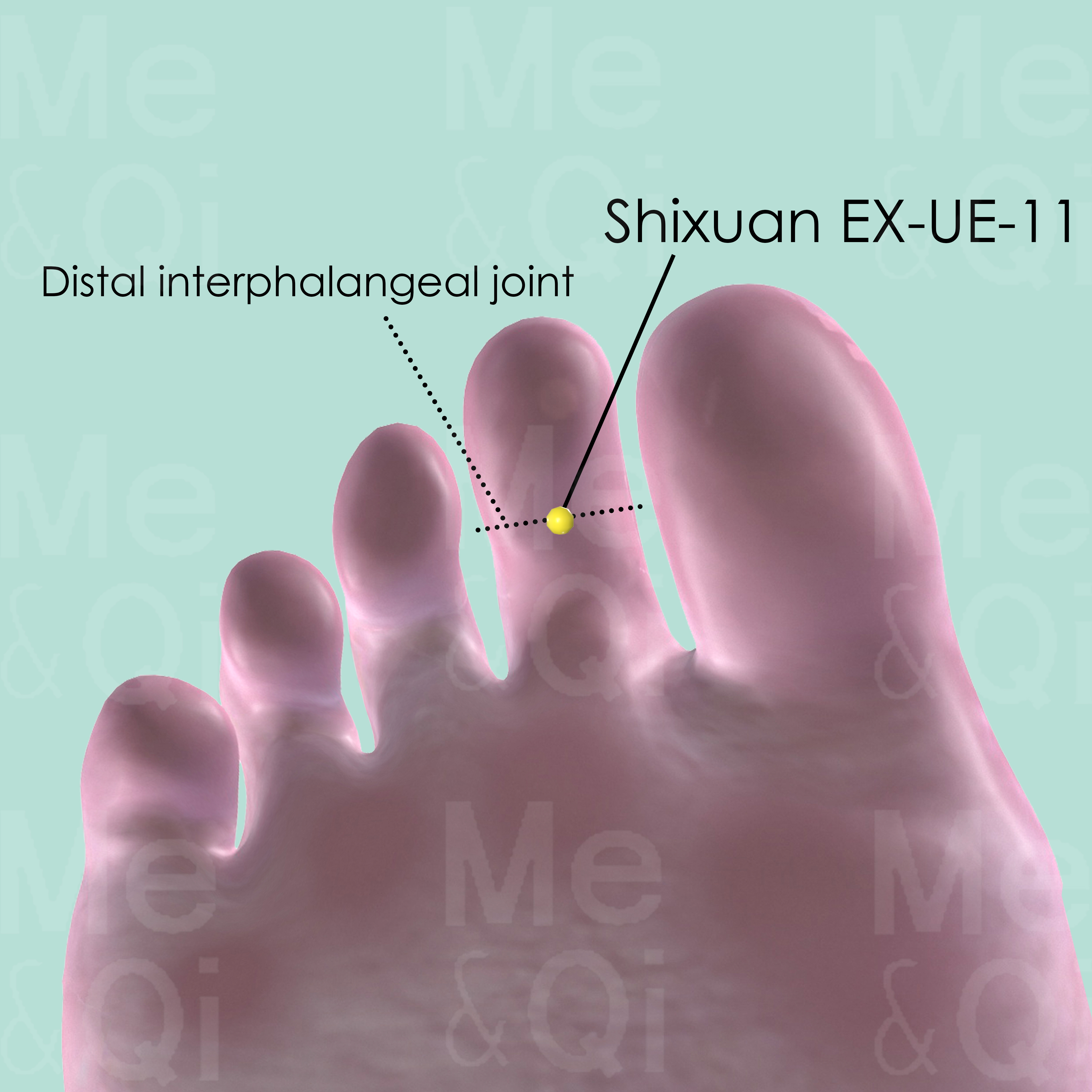Herniaaccording to TCM
Symptom family: Hernia-Related Conditions
Sub-symptom(s): Inguinal Hernia
What is Hernia?
A hernia occurs when an organ or fatty tissue squeezes through a weak spot in a surrounding muscle or connective tissue called the fascia. The most common types of hernia are found in the abdomen, specifically as inguinal hernias, where the intestine or bladder protrudes through the abdominal wall or into the inguinal canal in the groin.
Though hernias can occur at different parts of the body, they share a commonality in their formation—a combination of pressure and an opening or weakness of muscle or fascia.
How does TCM view Hernia?
From the perspective of Traditional Chinese Medicine (TCM), hernia is viewed through a lens that differs markedly from Western medicine. TCM interprets hernia as a symptom of underlying imbalances or disharmonies within the body's Qi (vital energy), Blood, and organ systems.
Instead of focusing solely on the physical manifestation, TCM seeks to identify and correct the root causes of these imbalances, emphasizing the importance of diagnosing specific patterns of disharmony before commencing treatment. This holistic approach underscores TCM's belief in the interconnection between body, mind, and environment in health and disease.
Causes of Hernia According to TCM
In Traditional Chinese Medicine, hernia is often associated with specific internal imbalances, with Interior Cold being a primary pattern linked to its occurrence. Interior Cold refers to a condition where cold energy accumulates inside the body, leading to a slowing down of the physical and energetic processes. This can manifest as a hernia when the cold weakens the body's structures, particularly in the lower abdomen, causing organs to protrude through weakened points.
The concept underscores TCM's view of hernia not just as a physical protrusion but as a symptom of deeper, energetic disharmony. By identifying and treating the root cause—Interior Cold—TCM aims to restore the body's natural balance and strength, preventing further weakening and protrusion of organs.
TCM Herbal Formulas for Hernia
For hernia cases characterized by Interior Cold, TCM emphasizes warming the interior and strengthening the body's energy to counteract the cold's weakening effects. A prime example of a formula used in such cases is Dang Gui Sheng Jiang Yang Rou Tang.
This formula embodies the TCM principle of using warmth to counteract Cold, incorporating ingredients like mutton, which is known for its warm and sweet properties. By tonifying Qi and Blood and warming the body's interior, it directly addresses the underlying Interior Cold pattern believed to contribute to hernia formation. This tailored approach, focusing on the specific imbalances within each individual, highlights the holistic and personalized nature of TCM treatment strategies.
Explore below some TCM herbal formulas used to address hernia, organized by formula type.
- By Formula Type
- Formulas that tonify qi and blood
- Formulas that warm and purge
- Formulas that promote qi movement
Formulas that tonify Qi and Blood
Hernia can be treated by these formulas when there is a combined deficiency of both Qi and Blood, requiring comprehensive tonification.
One such formula is Dang Gui Sheng Jiang Yang Rou Tang, with mutton as a key herb.
Formulas that warm and purge
Hernia can be treated by these formulas if it stems from cold accumulation coupled with excess conditions, necessitating warming and purging actions.
One such formula is Da Huang Fu Zi Tang, with prepared aconite as a key herb.
Formulas that promote Qi movement
Hernia can be treated by these formulas if it stems from stagnation or imbalance in the flow of Qi, the vital life energy, within the body.
One such formula is Nuan Gan Jian, with fennel seeds as a key herb.
Acupoints for Hernia
See more details below about Duyin EX-LE-11, an acupoint used to address hernia.
- By Meridian
- Extra Points: Lower Extremities (EX-LE)

Duyin EX-LE-11
On the plantar aspect of the 2nd toe, at the midpoint of the transverse crease of the distal interphalangeal joint.
TCM Herbs for Hernia
Explore below some TCM herbs used to address hernia, organized by herb category.
- By Herb Category
- Herbs that warm the interior and/or expel cold
Herbs that warm the Interior and/or expel Cold
Hernia can be treated by these herbs if it is due to internal coldness or deficient Yang energy, working to warm the body and dispel cold.
One such herb is Muttons (Yang Rou), a key herb in some formulas recommended for hernia, like Dang Gui Sheng Jiang Yang Rou Tang.
Other herbs of this category are listed in the table below.
"Herbs that warm the Interior and/or expel Cold" recommended for hernia
| Herb | Formulas they belong to (if applicable) |
|---|---|
| Muttons (Yang Rou) | Dang Gui Sheng Jiang Yang Rou Tang |
| Prepared Aconite (Zhi Fu Zi) | Da Huang Fu Zi Tang |
| Fennel Seeds (Xiao Hui Xiang) | Nuan Gan Jian |
| Cinnamon Bark (Rou Gui) | Nuan Gan Jian |
